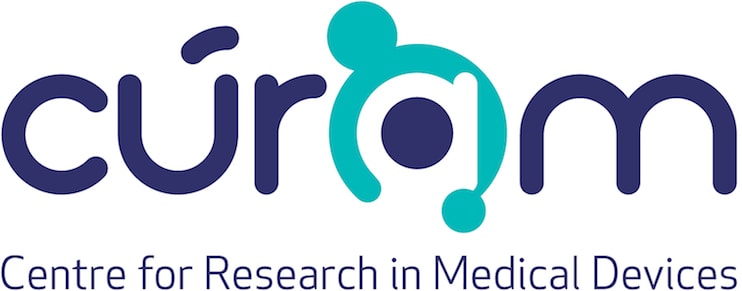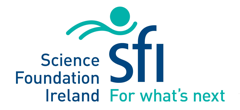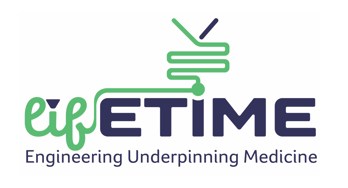Can Raman Spectroscopy Shine a Light on Cancer?
By LifETIME CDT Student: William Mills (University of Glasgow) In 1930 the Nobel Prize in Physics was awarded to Sir Chandrasekhara Venkata Raman, an Indian Physicist, for his discovery of inelastic scattering of light in organic liquids. Scattering here just means that the direction of the light was changed by hitting a molecule. The reason this …








